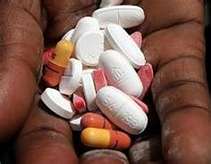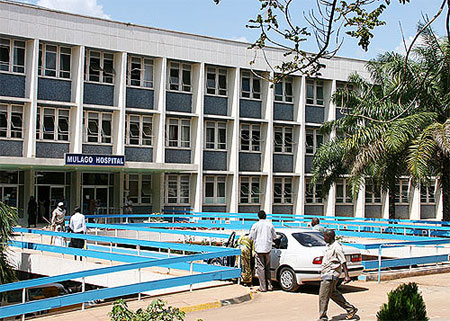By ESTHER NAKKAZI
posted Saturday, August 25 2012 at 18:21
The Ugandan model of local commercial production of medicines presents a long-term solution of access to treatment in developing countries, a UN official has said.
In a strong critique, however, Anand Grove said locally manufactured drugs should not cost twice as much as the imported ones and suggested that WHO prequalifies QCIL so that it can supply drugs to non-government organisations like the Global Fund and the US President’s Emergency Plan for Aids Relief (Pepfar).
The Centre for Health, Human Rights and Development under the umbrella of the Uganda Coalition on Access to Medicines convened the meeting in which civil society organisations presented the current challenges on access to medicines in Uganda.
“The visit of the UN Special Rappoteur offers us a rare opportunity to elevate our voices to the international level, which the government pays more attention to,” noted Moses Mulumba, director for Centre for Health, Human Rights and Development.
Civil society cautioned on the pricing, procurement, distribution, use and domestic production of medicines, as well as the unclear situation on the right to health for Ugandans.
Leonard Okello, the country director, International HIV/Aids Alliance in Uganda, emphasised the need to promote more generic manufacturers in Africa.
One of the concerns was to push the Uganda government, which only buys drugs worth Ush10 billion ($4 million) annually, to procure the locally produced medicines by Quality Chemicals, which would then drive the prices down.
Uganda’s uncertain position on the right to health was also raised, comparing it with Kenya whose new Constitution recognises health as a right.
“We need to recognise it in our Constitution to make it easier for the citizens to take the government to task on the right to health care,” said Okello.
On previous visits to Uganda, Mr Grover, made recommendations to government to put in place a human rights desk at the Ministry of Health and a Right to Health Unit at Uganda Human Rights Commission to address health rights violations.


